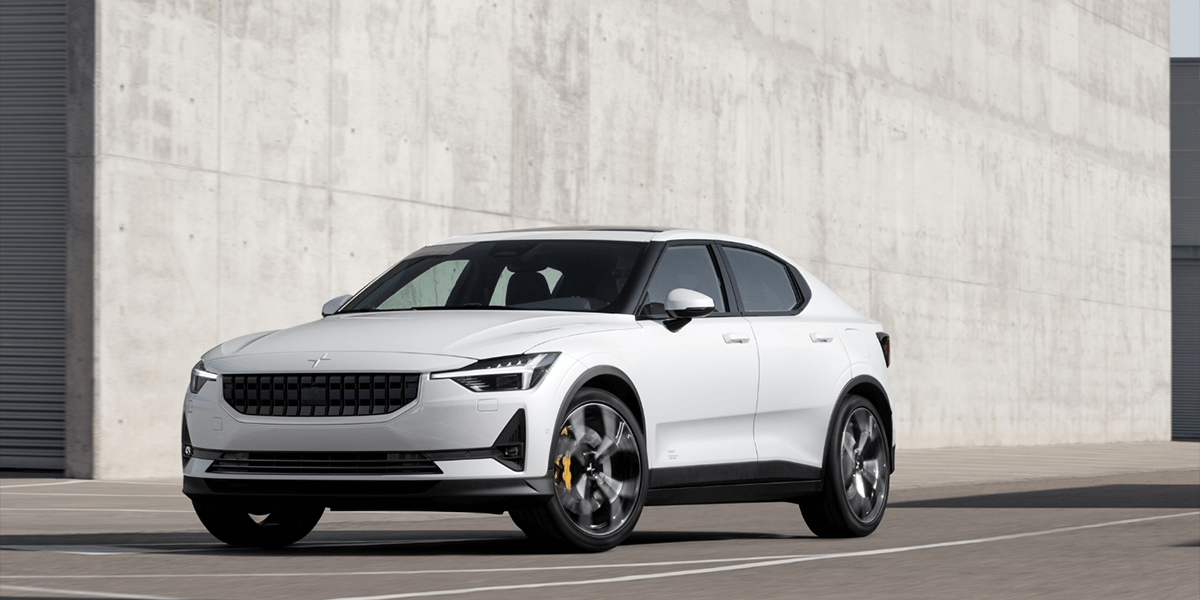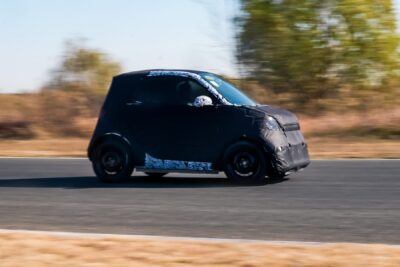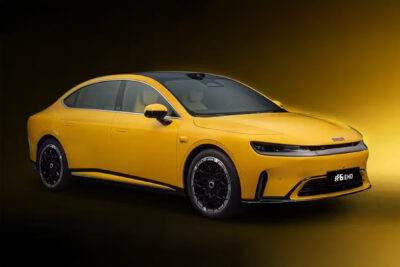Volvo & Polestar get separate U.S. EV tax credits
The fully electric Volvo subsidiary Polestar has qualified for the $7,500 federal tax credit in the USA separately from their mother company, meaning that each will be allowed to sell 200,000 vehicles before the credit runs out.
While the Polestar 2, which is planned for 2021, will look significantly like a Volvo, the IRS tax credit for the first 200,000 vehicles will be allowed independently of the electric subsidiary. This will give the Swedish automakers a head start in comparison to the other vehicle manufacturers in the U.S, who have complained about the unfairness of the measure in the past, demanding more support from the U.S. American federal government.
Another potentially influencing factor in this decision is that Washington and California are currently not on the best of speaking terms. This is not only evident from the continued support for emissions-producing vehicles from the Trump administration, but also in the lack of support for new energy vehicles and technologies, which were previously supported by both Democrats and Republicans in the name of a strong economy and global technological leadership. Now the United States is looking more split on the issue, prompting car makers to get involved in the discussion more closely.
The move will be sure to attract criticism from GM and Tesla, who have both already passed the 200,000 vehicle mark, as will the apparent inequality – given the fact that GM does not get an additional tally for Chevrolet and Cadillac. The situation is only slightly different between the automakers, as Geely owns Volvo, who then shares the ownership of Polestar 50/50.
When asked about the disparity between the two local companies vs the European joint venture, Polestar spokesperson J.P. Canton responded to inquiry with a rather careful response: “I cannot speak to GM and Cadillac in regards to their situation, but Polestar is an independent brand (owned 50% by Geely and 50% by Volvo) with its own factory, and our WMI will be filing separate from Volvo and Geely.”
Surely we have not heard the end of this discussion.





0 Comments